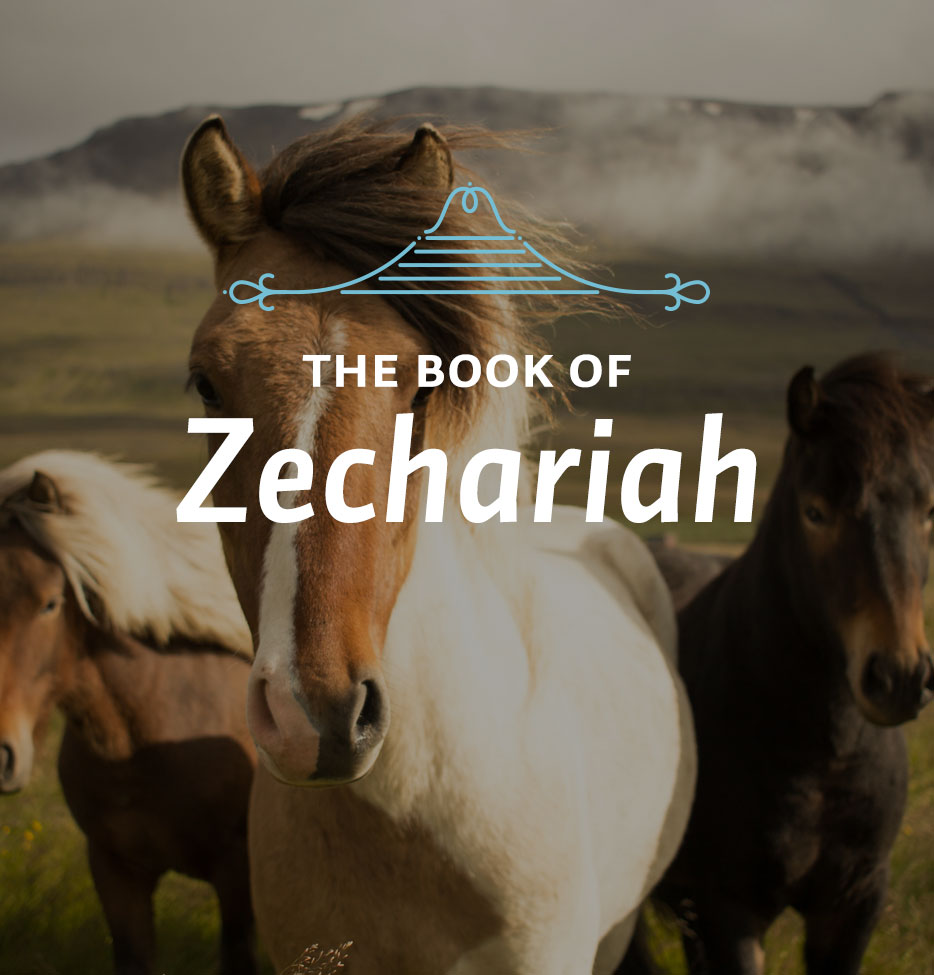Zechariah 12:1-14Theme: End times.This week’s lessons remind us that today is the day of salvation.
LessonThe oracle begins with a thematic statement in which God first identifies himself and then tells what he is going to do: “This is the word of the Lord concerning Israel. The Lord, who stretches out the heavens, who lays the foundation of the earth, and who forms the spirit of man within him, declares: ‘I am going to make Jerusalem a cup that sends all the surrounding peoples reeling’ ” (vv. 1-2).
The identification of God as he who “stretches out the heavens, who lays the foundation of the earth, and who forms the spirit of man” is a significant one for several reasons. For one thing, it summarizes the creative movement of the opening chapter of Genesis in which God first makes the heavens, then creates the earth and everything on it, and finally breathes life into the man he has formed from the dust. No doubt, this identification is meant to recall that original creation and identify the God of the end events with the God of the beginning. The verse is also striking for something else: the present-tense verbs translated “stretches,” “lays,” and “forms.” These do not say: God “stretched out the heavens,” “laid the foundation of the earth” or “formed the spirit of man,” referring to some past activity, but rather that he is stretching, laying, and forming things now. That is, the world we see may be said to exist, not because God originally wound it up like a mechanical clock and then left it alone, but that he continually re-creates (or at least preserves) it, apart from which it would instantly vanish.
It is more natural for us to say that God brought all things into being by the sheer word of his power and that he now preserves what he has created. “But when we reflect,” as John H. Gerstner wrote, “that we who are brought into being by him have no substance of our own which could possibly perpetuate our own being and that, as Augustine observes, the natural tendency of created being is to nonbeing, we may feel that God, when he upholds the universe, is constantly recreating it.”1 Whether this is the actual case or not, there is no doubt that Zechariah rightly stresses God’s continuing involvement with his universe. He created it, is with it now, and will be with it at the end. That is the significance of this thematic introduction.
1 John H. Gerstner, “Man as God Made Him” in James M. Boice, editor, Our Savior God: Studies on Man, Christ and the Atonement (Grand Rapids: Baker Book House, 1980), p. 21.
Study Questions
For what purpose is God referred to as the one who stretches out the heavens, lays the foundation of the earth, and forms the spirit of man?
What is indicated by Zechariah’s use of the present tense when describing God?
Further StudyReview the divine activity in Creation by studying the following passages: Genesis 1:1-2:22; Psalms 90:2, 102:25-27, 104; John 1:1-5; Colossians 1:15-17.






